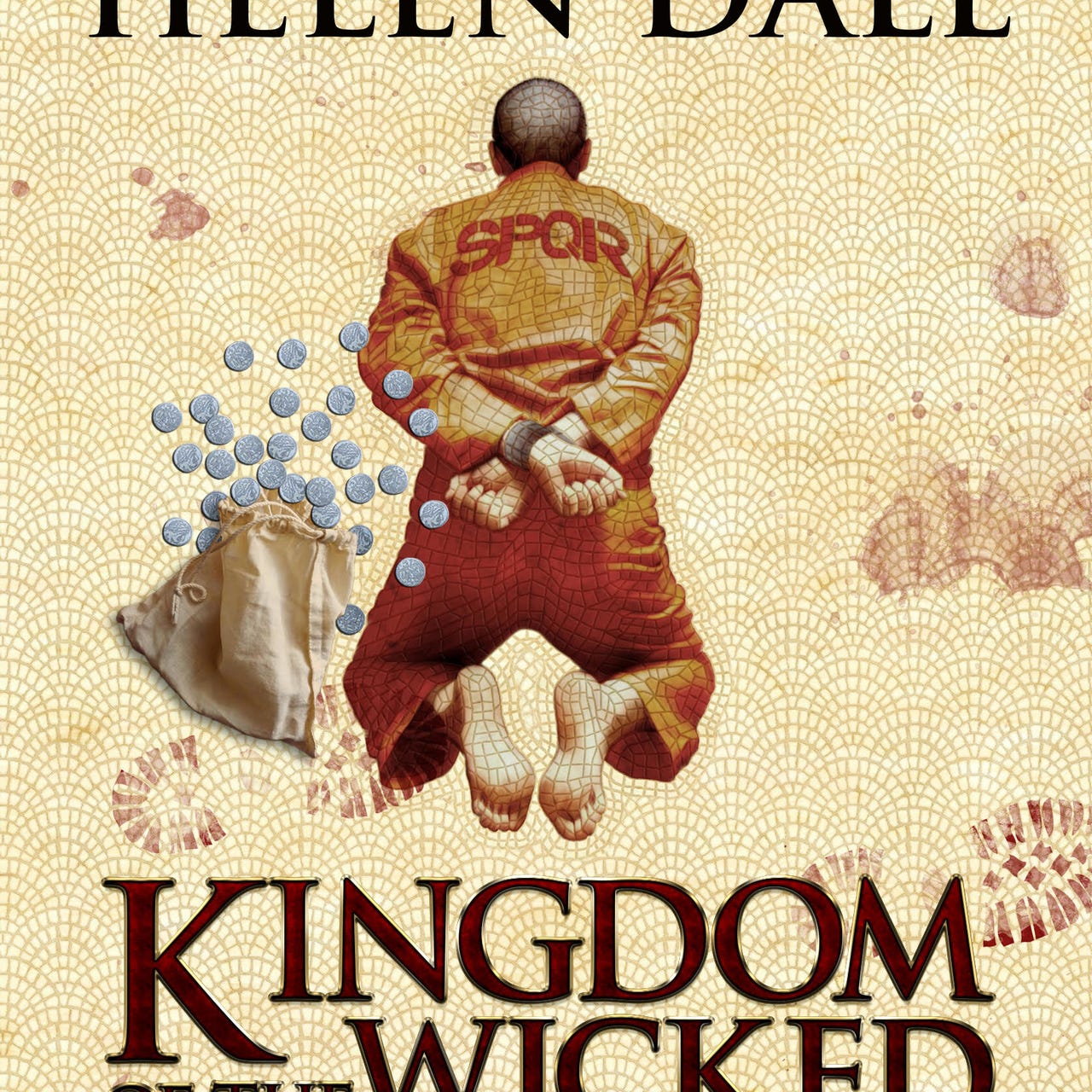Around this time of year, I used to name nonfiction books of the year. But I think that is no longer appropriate. I continue to think that such books are on the way out as a communications medium. They still sell, and sell well, but they rarely reward reading all the way through.
I am still digesting Andrey Mir’s Digital Future, which describes the rise and fall of literate culture. It is certainly consistent with my view of the demise of books. The work itself is very dense and challenging. It tries to combine insights from Karl Jaspers, Marshall McLuhan, Neil Postman, and others.
The other two new books that I read this year that I can recommend are The Geek Way by Andrew McAfee and Generations by Jean Twenge. McAfee packs a lot of recent anthropology into what is ostensibly a business book. And Twenge packs a lot of charts and interesting data into a book that stokes my fears of the younger generation.
Meanwhile, substacks have been going strong. While Twenge and Jonathan Haidt have used substack to amplify their concerns with the effect of social media on young people, Peter Gray has pushed back hard, saying that the data do not really indict social media. Instead, he focuses on the need for kids to have unsupervised play.
Haidt is using his substack to promote his forthcoming book. But maybe that is prioritizing backwards.
I have probably cited Rob Henderson more than anyone else. I have enjoyed on Helen Dale’s substack the unfolding of Lorenzo Warby’s florid critique of what he calls the politics of the transformational future and what everyone else calls wokism.
Many alumni of my Fantasy Intellectual Teams project have substacks. The war in Israel means that Russ Roberts has time on his hands and motivation to write.
Most of the substacks that I read about the war take Israel’s side. One exception is Robert Wright, who wants us to believe that Russia’s invasion of Ukraine is justified, but Israel’s invasion of Gaza is not. He blames America for supporting Ukraine and Israel. Since the Russian invasion, he seems to have become more strident and less persuasive.
[UPDATE: as several commenters have pointed out, this misrepresents Wright’s view on Russia’s invasion. He points out repeatedly that it violates international law, and Wright is a big fan of international law.
What I was trying to get it is that Wright seems to me to over-emphasize the extent to which Russia’s invasion was provoked by Western diplomatic moves while not wishing to emphasize the extent to which Israel’s invasion was provoked by its enemies.
In any event, I apologize for the error.]
Niccolo Soldo also casts a wary eye on American foreign policy. But his stance is merely cynical, not hostile.
As with all media, I think that the most popular substacks garner more attention than they deserve. I wish instead that more people would appreciate Wood from Eden, for example.
All that said, I would not say that the future of writing is substack. Large Language Models change everything. Most readers would love to have one-on-one face time with their favorite writers. That does not work for popular writers, but something close to it becomes possible with LLMs. With these, as an author you can have one-on-one conversations with your readers, at scale. Tyler Cowen’s EconGOAT project provides a glimpse.
Substacks mentioned above:
@
@
@
@
@
@








I don't know any Ukrainians and might not like them if I did; and I don't know much about history, but I occasionally read a book in an attempt to correct some area of particular ignorance. Thus I read "Bloodlands".
Nevermind how indistinguishable Russians and Ukrainians may appear: if the scholarship that produced this book is to be trusted, then supporting Russia's claim to Ukraine seems much like enthusiastically supporting a parent's custodial rights after they've beaten and starved their child.
I don't care if it's decades in the rearview mirror. Have some goddamn humility, Russia.
And all these interesting causes and "ignored warnings" to NATO don't persuade me that the whole thing isn't the fault of one guy.
So I guess I basically support bankrupting ourselves to support Ukraine. I mean, my country might as well go out in a blaze of vicarious glory. And we are going out either way.
Arnold refers to Lorenzo Warby's work as "florid," which according to the Cambridge English Dictionary means too much decoration or detail. The term also has a negative connotation from its usage in medicine to describe an unhealthy complexion. I don't think any of that is what Arnold meant, but rather that Warby's series of essays is a comprehensive analysis of the social psychology of the ideology of the transformational future, or what most people call woke. Helen Dale who is a great fan of Warby, as I am, courteously thanks Arnold in the comments for the reference. Nobody should be put off by the term florid; Warby's work is a superb deep analysis of our sick culture. He intends to put the essay series in book form when finished, which I am eager to see.